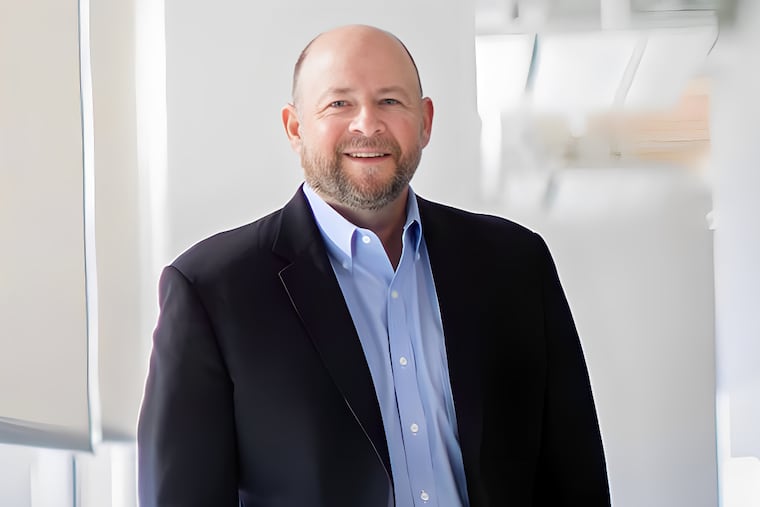Penn names new chief innovation officer, aiming to expand a multibillion-dollar windfall from faculty research
John Swartley was promoted from his role as managing director at the Penn Center for Innovation.

The University of Pennsylvania has promoted John Swartley to be its chief innovation officer, a new position in which he is charged with expanding the school’s already robust efforts to commercialize the discoveries of faculty members.
Swartley had been the managing director of the Penn Center for Innovation, a job in which he shepherded promising faculty research through the process of licensing it to corporate partners or forming start-ups.
In his new, broader role, he will have a similar mission but is tasked with expanding such efforts to the entire university, including academic departments beyond the medical, engineering, dental, and veterinary schools that now generate the bulk of commercial interest.
Penn announced that Swartley’s old job at the innovation center will be filled by Benjamin Dibling, who had been the center’s deputy managing director.
Since its creation in 2014, the center has helped to make Penn a major player in commercializing technology from its researchers.
Penn earned more than $1 billion in licensing revenue in fiscal year 2022, first in the nation in a recent survey by AUTM, the association of university technology-transfer officials. Much of that windfall came from the Nobel-prize winning research on messenger RNA by Penn scientists Katalin Karikó and Drew Weissman, which paved the way for the Moderna and Pfizer COVID-19 vaccines.
In the most recent fiscal year, Penn-affiliated start-ups also drew $1 billion in new investment, officials at the Penn Center for Innovation said.
Swartley’s new role was created by Dawn Bonnell, the university’s senior vice provost for research, and other top officials at the university.
Swartley and Dibling both have advanced degrees in the sciences.
Swartley, who came to Penn in 2007, studied biology as an undergraduate at Bates College, then earned an MBA and Ph.D. in microbial and molecular genetics from Emory University.
Dibling studied molecular and cellular biology at the University of Birmingham, and he earned a Ph.D. in clinical medicine from the University of Leeds.